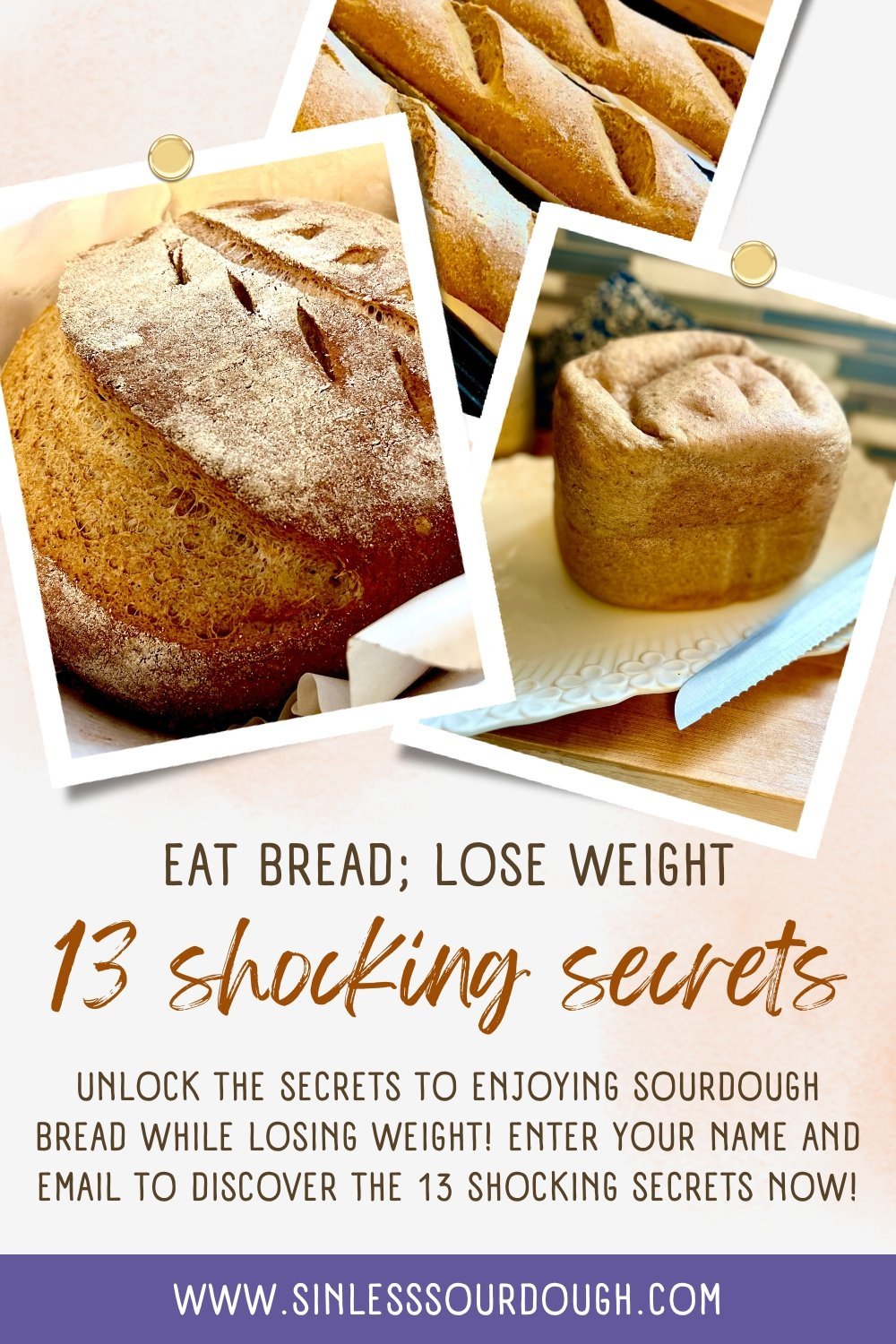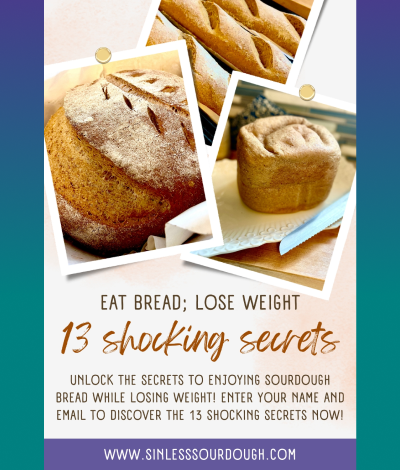Non-Alcoholic Wine and Weight Loss: What’s the Connection?
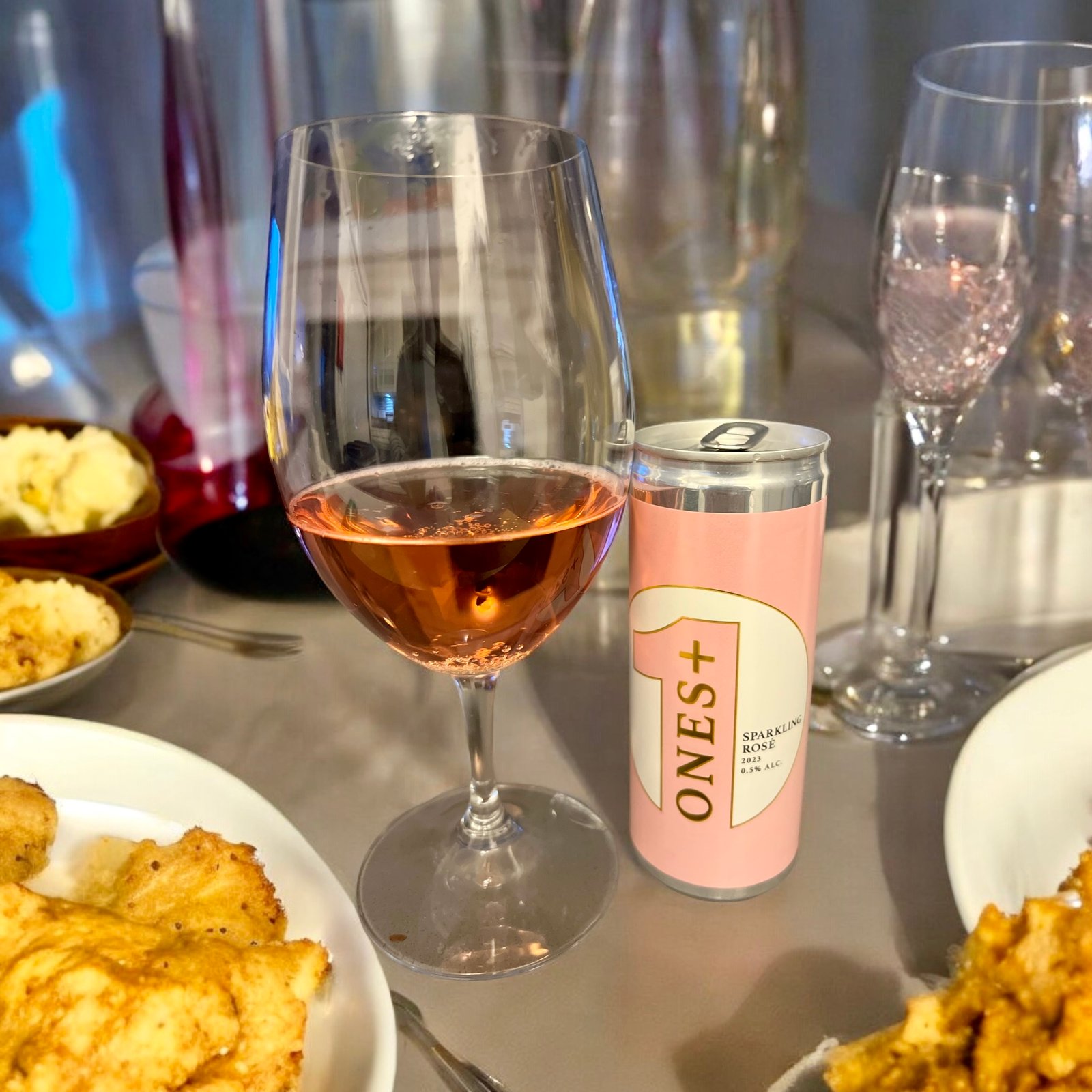
Non-alcoholic wine has been gaining popularity among health-conscious individuals, but if you’re following a Keto diet like me, you might be wondering how it fits into your low-carb lifestyle. I’ve done some research to help you navigate this tricky terrain. While wine without alcohol may seem like a healthier alternative to regular wine, it’s not always the best choice for those of us on Keto. In this article, I’ll share what I’ve learned about zero alcohol wine and its impact on the Keto diet, so you can make informed decisions about your drink choices while maintaining ketosis.
Top 10 Takeaways:
- NA wine typically contains more carbs than regular wine, making it less Keto-friendly.
- The higher sugar content in alcohol-free wine can potentially disrupt ketosis.
- For Keto dieters, dry regular wines are generally a better choice than non-alcoholic versions.
- Wines without alcohol usually contain 2-4g of carbs per serving, which can be a significant portion of daily Keto carb allowance.
- While lower in calories, the carb content of zero alcohol wine outweighs its calorie benefits for Keto dieters.
- There are few truly low-carb options in the non-alcoholic wine market suitable for strict Keto diets.
- The potential health benefits of non-alcoholic wine (like antioxidants) can be obtained from other Keto-friendly sources.
- If choosing to include non-alc wine on Keto, it should be consumed very sparingly and in small amounts.
- Keto dieters should prioritize tracking carbs over calories when considering alcohol-free wine.
- Alternatives like flavored sparkling water or Keto-friendly mocktails can be better options for those wanting a non-alcoholic, low-carb drink.
Does Non-Alcoholic Wine Have Fewer Calories Than Regular Wine?

Yes, wine that’s alcohol free typically contains significantly fewer calories than regular wine. This is primarily due to the absence of alcohol, which is a major source of calories in regular wine. On average, a 5-ounce (150ml) glass of regular wine contains about 120-150 calories, while the same amount of non-alcoholic wine usually contains only 20-50 calories. This substantial difference makes non-alcoholic wine a more suitable option for those watching their calorie intake. However, it’s important to note that the exact calorie content can vary depending on the brand and type of non-alcoholic wine.
Can Non-Alcoholic Wine Help With Weight Loss?

While non-alcoholic wine isn’t a direct weight loss aid, it can indirectly support weight loss efforts. By choosing NA wine over regular wine, you’re significantly reducing your calorie intake, which is crucial for weight loss. Additionally, avoiding alcohol can lead to better sleep quality and improved metabolism, both of which are beneficial for weight management. However, it’s essential to remember that non-alcoholic wine may still contain calories and sugars, so it should be consumed in moderation as part of a balanced diet and exercise regimen. The key to weight loss remains creating a calorie deficit through a combination of reduced calorie intake and increased physical activity..
How Many Calories Are In Non-Alcoholic Wine?
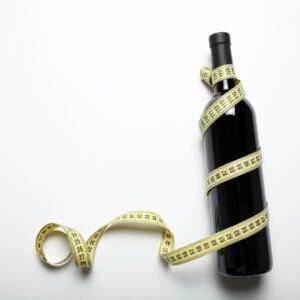
The calorie content in non-alcoholic wine can vary significantly depending on the brand, type, and production method. On average, a 5-ounce (150ml) glass of NA wine contains between 20 and 50 calories. Some low-calorie options may have as few as 10-15 calories per glass, while others might reach up to 60 calories. For comparison, the same amount of regular wine typically contains 120-150 calories.
It’s important to check the nutrition label or the manufacturer’s information for the exact calorie content of a specific non-alcoholic wine. Sparkling varieties often have slightly fewer calories than still wines, and wines made from white grapes generally have fewer calories than those made from red grapes.
Does Non-Alcoholic Wine Contain Sugar?

Yes and no. It depends on the brand. Most non-alcoholic wine typically contain some sugar. This is because the fermentation process, which normally converts grape sugars into alcohol, is either halted or the alcohol is removed after fermentation in non-alcoholic wines. As a result, more residual sugar remains. The sugar content can vary widely, from about one to 15 grams per 100ml (3.4 ounces) in drier varieties to up to 8-15 grams in sweeter options.
Some brands may add sugar to improve taste after dealcoholization. It’s important for consumers, especially those monitoring sugar intake for health reasons, to check the nutritional information. Despite the sugar content, non-alcoholic wines still generally contain fewer calories overall compared to regular wines due to the absence of alcohol.
Here are some key points about carbs and sugar in non-alcoholic wine:
- Sugar content varies: Non-alcoholic wines typically contain more sugar than regular wines, as some sugar is often added to balance the flavor after alcohol removal. So be sure to read the label first.
- Low-sugar options exist: Many producers now offer low-sugar non-alcoholic wines to cater to health-conscious consumers like you and me!
- Zero Carb Options: There are less than a handful of zero carb wines available, but they are out there!
- Comparison to regular wine: While non-alcoholic wines may have more sugar than regular wines, they generally contain only about a quarter of the calories because the alcohol is removed.
- Balance is key: Some sugar is often necessary to balance the acidity, to give the wine some weight and texture, and to maintain flavor in the non alcoholic wines.
- Alternative sweeteners: Some brands use alternative sweeteners like stevia or monk fruit to reduce sugar content.
- Sparkling wines: Bubblies may typically have higher sugar content due to higher acidity levels. Again, read the nutritional label
Are There Low-Sugar and Low-Calorie Options For Non-Alcoholic Wine?
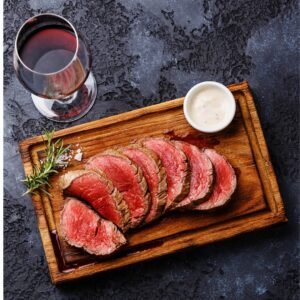
Yes, there are low-sugar and low-calorie options available in the non-alcoholic wine market. Many producers are recognizing the demand for healthier alternatives and are creating wines with reduced calorie content. Some brands offer non-alcoholic wines with as few as 10-20 calories per serving. These low-calorie options often use special fermentation processes or grape varieties that naturally produce less sugar.
On the Keto diet or in following a low-carb lifestyle you will want to track your calories, as well as your carbs. This can be a key factor in whether or not you’re successful in achieving your weight loss goal in using this philosophy.
Keto and low-carb food posts can lead us to believe that it’s okay to consume as many calories as you desire, as long as the dish is super low in carbs. To succeed on the keto diet, it’s crucial to count both your daily calories and carbs. While the primary goal of keto is to enter ketosis by limiting carbs, tracking calories is essential for weight loss. Consuming fewer carbs helps stabilize blood sugar and maintain ketosis, but high-fat foods on keto are calorie-dense. Without monitoring, you might overeat and hinder weight loss. Counting calories ensures you create a caloric deficit, necessary for shedding pounds. Using tracking tools can help you stay within your carb and calorie limits, preventing plateaus and promoting sustained weight loss.
What Are the Calories and Carbs in Different Brands?

This wines are listed from the lowest grams of sugar per 100 mL to the highest in each category.
Sparkling Wines:
- ONES Sparkling White: 9.6 calories and 0g sugar per 100mL (Click this link for a 10% discount on ALL Ones Sparkling Wines)
- ONES Sparkling Rosé: 7.2 calories and 0g sugar per 100mL (Click this link for a 10% discount on ALL Ones Sparkling Wines)
- ONES Sparkling Red: 7.2 calories and 0g sugar per 100mL (Click this link for a 10% discount on ALL Ones Sparkling Wines)
- Sovi Sparkling Wine: 10 calories and 1.3g sugar per 100mL
- Joyus Sparkling White: 12.5 calories and 2.5g sugar per 100mL
- Joyus Sparkling Rose: 12.5 calories and 2.5g sugar per 100mL
- Noughty Sparkling Chardonnay: 14 calories and 2.9g sugar per 100mL
- Thomson & Scott Noughty Sparkling Chardonnay: 14.4 calories and 3.2g sugar per 100mL
- Château del ISH (Sparkling Rosé): 20 calories and 3.9g sugar per 100mL
- Edanvale Sparkling Cuvee Spanish: 24 calories and 3.8g sugar per 100mL
- Edenvale Sparkling Rose: 36 calories and 3.8g sugar per 100mL
- Oddbird Non-Alcoholic Sparkling Rosé: 19.4 calories and 4.4g sugar per 100mL
- Edenvale Non Alcoholic Rose: 21 calories and 4.6g sugar per 100mL
- Edenvale Sparkling Shiraz: 21 calories and 4.7g sugar per 100mL
- Edanvale Sparkling Cuvee: 23 calories and 5.1g sugar per 100mL
White Wines:
- The Expedition Series Non-Alc Verdejo Sauvignon Blanc: 24 calories and 0g sugar per 100mL
- Sovi Chenin Blanc: 10 calories and 1.3g sugar per 100mL
- Edenvale Semillon Sauvignon Blanc: 8 calories and 1.6g sugar per 100mL
- Giesen Sauvignon Blanc: 12.5 calories and 1.75g sugar per 100mL
- Brochet Zero Organic Sauvignon Blanc: 8 calories and 1.8g sugar per 100mL
- Noughty Blanc De-alcoholised White Wine: 17 calories and 2.0g sugar per 100mL
- Princess Alternativa Bianco Dry Non-Alcoholic White Wine: 17 calories and 2.6g sugar per 100mL
- Edanvale Pinot Gris: 13 calories and 2.8g sugar per 100mL
- Lautus Chardonnay: 20 calories and 2.8g sugar per 100mL
- Edenvale The Spanish Expedition Series Verdejo Sauvignon Blanc: 17 calories and 3.6g sugar per 100mL
- Edenvale Non-Alc Chardonnay: 18 calories and 3.9g sugar per 100mL
- Leitz Eins Zwei Non-Alc Riesling: 24 calories and 4.9g sugar per 100mL
- Edenvale Blanc de Blanc Premium Reserve: 23 calories and 5.2g sugar per 100mL
- Luminara Napa Valley Chardonnay Dealcoholized: 18 calories and 5.2g sugar per 100mL
- Le Petit Beret Virgin Sauvignon Blanc: 25 calories and 6.2g sugar per 100mL
Rosé Wines:
- Sovi Sparkling Rose: 10 calories and 1.3g sugar per 100mL
- Joyus Rose: 10 calories and 2g sugar per 100mL
- Noughty Non-Alcoholic Sparkling Rosé: 18 calories and 4g sugar per 100mL
- Wölffer Spring in a Bottle Non-Alcoholic Rosé: 24.5 calories and 4.8g sugar per 100mL
- Edenvale Rose: 22 calories and 5.5g sugar per 100mL
Red Wines:
- YOURS Non-Alcoholic California Red Blend: 6.8 calories and 0.68g sugar per 100mL
- Sovi Reserve Red: 10 calories and 1.3g sugar per 100mL
- Joyus Cabernet Sauvignon: 16.7 calories and 1.3g sugar per 100mL
- Alcohol Removed Cabernet Sauvignon: 13.3 calories and 1.3g sugar per 100mL
- Edenvale Non-Alcoholic Grenach Shiraz Mataro: 10 calories and 1.8g sugar per 100mL
- Naughty Red: 14 calories and 2.5g sugar per 100mL
- Lautus Non-Alcoholic Red: 12 calories and 3g sugar per 100mL
- Edenvale Non-Alcoholic Tempranillo Cabernet Sauvignon: 14 calories and 3g sugar per 100mL
- Luminara Red Blend: 20 calories and 3.2g sugar per 100mL
- Edenvale Shiraz: 17 calories and 3.8g sugar per 100mL
- Edenvale Cabernet Sauvignon: 18 calories and 3.9g sugar per 100mL
- Edenvale Premium Reserve Pinot Noir: 20 calories and 4.3g sugar per 100mL
- Leitz Eins-Zwei-Zero Pinot Noir: 21 calories and 4.9g sugar per 100mL
What is ONES Sparkling Wine?

When it comes to weight loss, carbs, sugar, and calories, I do recommend ONES non-alcoholic sparkling wines. LOVE THEM! These wines have no carbs, no sugar, and only 18 calories per serving. They come from the Okanagan Valley in Canada. This area grows great wine grapes. It has hot, dry summers that make the grapes tasty.ONES uses top grapes to make their wine. They ferment the grapes like normal wine. Then they take out the alcohol. But they keep the good flavors. They don’t add sugar after this. The wine still tastes like real wine. It has a tiny bit of alcohol left. This helps it feel right in your mouth. People who like wine can enjoy ONES without worrying about calories or alcohol.
(Click this link for a 10% discount on ALL Ones Sparkling Wines)
How Does Non-Alcoholic Wine Compare To Regular Wine For Weight Management?

Non-alcoholic wine is generally considered better for weight management compared to regular wine. The primary advantage is the significantly lower calorie content. While a 5-ounce glass of regular wine contains about 120-150 calories, the same amount of non-alcoholic wine typically has only 20-50 calories. This calorie reduction can make a substantial difference in overall calorie intake, especially for regular wine drinkers.
Additionally, alcohol can impair judgment and lead to increased food consumption, which non-alcoholic wine avoids. For optimal weight management, non-alcoholic wine should be incorporated into a balanced diet and active lifestyle. Always make sure to add the carbs and sugars from your zero alcohol wine to your daily macro count.
Can I Drink Non-Alcoholic Wine On A Diet?

Yes, you can include non-alcoholic wine in a diet plan, but it should be done mindfully. Non-alcoholic wine is a lower-calorie alternative to regular wine, making it more diet-friendly. However, it still contains calories and sugars, which need to be accounted for in your overall calorie budget.
When incorporating non-alcoholic wine into your diet, consider the following:
The presence of protein and fat in the meal can:
- Slow gastric emptying, thereby reducing the rate at which glucose enters the bloodstream
- Stimulate the release of incretin hormones, which can enhance insulin sensitivity
- Provide a competing substrate for metabolism, potentially decreasing the immediate impact of glucose on blood sugar levels
This approach aligns with the principles of glycemic index and glycemic load management, promoting more stable blood glucose levels and potentially reducing the risk of adverse metabolic effects associated with rapid glucose fluctuations.
Are There Any Health Benefits To Drinking Non-Alcoholic Wine?

Non-alcoholic wine may offer several potential health benefits, although more research is needed to fully understand its effects.
Some potential benefits include:
- Cardiovascular health: Non-alcoholic red wine contains polyphenols, which may help reduce blood pressure and improve heart health.
- Antioxidants: Like regular wine, non-alcoholic varieties contain antioxidants that can help combat oxidative stress in the body.
- Reduced cancer risk: Some studies suggest that the antioxidants in non-alcoholic wine may have anti-cancer properties.
- Better sleep: Unlike alcoholic wine, non-alcoholic options don’t disrupt sleep patterns.
- Liver health: Non-alcoholic wine doesn’t stress the liver like alcoholic beverages do.
- Pregnancy-safe: It provides a safe alternative for pregnant women who want to enjoy the taste of wine.
- Mental health: It can be a suitable option for those avoiding alcohol due to mental health concerns.
While these potential benefits are promising, it’s important to note that non-alcoholic wine should not be consumed specifically for health reasons without consulting a healthcare professional.
Is Non-Alcoholic Wine Good For You?
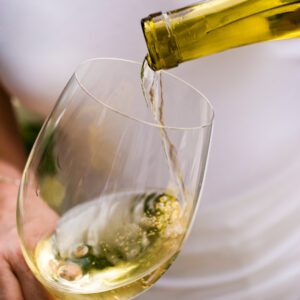
Wine with no alcohol can be considered a healthier alternative to regular wine, but whether it’s “good for you” depends on various factors.
Here are some pros and cons to consider:
Pros:
- Lower in calories than regular wine
- Contains antioxidants and polyphenols
- May offer some cardiovascular benefits
- No risk of alcohol-related health issues
- Suitable for those who need to avoid alcohol
Cons:
- May contain more sugar than regular wine, as mentioned.
- Not calorie-free
But we’ve talked about these pitfalls. So be sure to read the label of the back of the wine bottles before purchasing. While non-alcoholic wine can be part of a healthy lifestyle when consumed in moderation, it shouldn’t be considered a health food. It’s best to view it as a beverage option that can be enjoyed occasionally as part of a balanced diet.
How Can I Incorporate Alcohol-Free Wine Into A Weight Loss Plan?

Incorporating non-alcoholic wine into a weight loss plan can be done effectively.
Here are the following strategies:
- Calorie awareness: Include the calories from non alcoholic wine in your daily calorie budget.
- Portion control: Stick to standard serving sizes (usually 5 ounces or 150ml).
- Choose low-calorie options: Opt for brands that offer lower-calorie NA wines. See the examples of brands above.
- Limit frequency: Treat zero alcohol wine as an occasional beverage, not a daily staple. ONES Sparkling Wines are one brand you can incorporate into regular consumption because they have zero carbs and zero sugar and are super low in calories.
- Pair with healthy foods: Use it to complement nutritious meals rather than as a standalone drink.
- Hydration balance: Don’t let it replace water in your diet; stay well-hydrated.
- Mindful consumption: Avoid mindless drinking; savor each glass slowly.
- Track intake: Use a food diary or app to monitor your non alcoholic wine consumption.
- Plan ahead: If you know you’ll be having non-alc wine, adjust your other meals accordingly.
- Exercise balance: Remember that weight loss is about overall calorie balance; maintain your exercise routine.
By following these guidelines, you can enjoy non-alcoholic wine while still pursuing your weight loss goals. Remember, the key to successful weight loss is creating a sustainable calorie deficit through a combination of diet and exercise.
What are some Keto Low-Carb Recipes That Complement Zero-Alcohol Wine?

Keto Lemon Garlic Chicken
- Bacon-Wrapped Salmon Asparagus (Heart Healthy)
- Salmon and Brussels Sprouts (Heart Healthy)
- Tuna Avocado Blackberry Salad (Hearty Healthy)
- Cinnamon Marmalade Chicken (Heart Healthy)
- Curry Chicken Quarters (Heart Healthy)
- Chicken Marsala (Heart Healthy)
- Montreal Chicken Quarters (Heart Healthy)
- Lemon Garlic Chicken Thighs (Heart Healthy)
- Shake ‘N Bake Chicken (Heart Healthy)
- Crock-Pot Beef (Heart Healthy)
- Bacon-Covered Meatloaf (Heart Healthy)
- Mama Meatloaf (Heart Healthy)
I’m excited to share with you my good news… Introducing Sinless Sourdough – Where Ancient Art Meets Low Carb Science!

Stop sacrificing flavor for your health goals – our authentic heritage sourdough starters have been specially adapted for low-carb baking
Limited Time Offer: 82% OFF – Only $19.99 Today (Regular Price: $113)
Sinless Sourdough™ Starter + Membership Includes:
- Authentic Heritage Starter shipped directly to your door
- Complete Video Training Library showing you step-by-step how to create:
- Artisan boules and batards with delicious crispy crust and soft interior
- Crisp French baguettes for the dinner table or as crostini
- Chewy Montreal-style bagels that won’t spike your blood sugar
- German street pretzels with authentic alkaline crust
- Convenient everyday bread machine loaves for sandwiches
- Supportive Community of fellow low-carb bakers to share your journey
- Extensive Recipe Collection for using sourdough discard (nothing goes to waste!)
“After years of disappointing low-carb bread experiments, Sinless Sourdough changed everything. I’m enjoying real sourdough again without the carb guilt!” — Maria T.
“My family can’t tell the difference between these loaves and traditional bread. The starter is incredibly active and the results are amazing!” — James K.
🔥 CLAIM YOUR MEMBERSHIP NOW 🔥
Use code: Sinless82 at checkout Offer expires soon! Limited starter batches available
82% OFF TODAY FOR MEMBERSHIP
Sinless Sourdough™ Heritage Collection

Transform your low-carb baking with our Global Heritage Collection featuring unique starters from historic moments across continents. Each brings its own personality and flavor profile while maintaining excellent nutritional values—just 1g net carbs compared to 8-10g in traditional starters.
Choose from:
- 1849 San Francisco Gold Rush – Authentic California sourdough character
- 1898 Yukon Gold Rush – Subtle tanginess with notes of butter
- 1847 Oregon Trail – Rustic character with exceptional rise
- 1000-Year-Old Italian Monastery – Delicate complexity with ancient lineage
Each starter connects you to centuries of baking tradition while supporting your modern low-carb lifestyle. Our proprietary transformation process preserves their unique characteristics while adapting them for health-conscious baking.
When you purchase any Sinless Sourdough™ starter, you receive our comprehensive onboarding sequence teaching you exactly how to revive your dehydrated starter for perfect low-carb, high-protein results every time.
Click the link:
SINLESS STARTER SHOP
🍞 START YOUR LOW-CARB SOURDOUGH JOURNEY TODAY! 🍞
Medical Studies and Reviews on Sourdough
Here they are:
Does Sourdough Bread Provide Clinically Relevant Health Benefits?
The Sourdough Microbiome
Study Of Sourdough Starter Microbiome To Boost Bread Quality and Safety
Sourdough Microbiome Comparison and Benefits
Effect of Breadmaking Process on In Vitro Gut Microbiota Parameters in Irritable Bowel Syndrome
Nutritional Benefits of Sourdough; Systematic Review
Sourdough-leavened bread improves postprandial glucose and insulin plasma levels in subjects with impaired glucose tolerance
Use of sourdough in low FODMAP baking
A novel formulation of sourdough bread enriched with plant sterols and high-fibre inulin improves metabolic control in type 2 diabetes
Impact of sourdough fermentation on appetite and postprandial metabolic responses – a randomised cross-over trial with whole grain rye crispbread
Disclaimer:
All information provided on this website regarding the health benefits of sourdough low carb bread is intended for educational purposes only. The content presented is not meant to be taken as specific medical advice for any individual. It should not be considered a replacement for professional medical guidance or treatment. If you have any health concerns, especially related to diabetes, pre-diabetes, or any other medical condition, please consult with a healthcare professional immediately.
- UNUSUAL KETO INSTANT POT RECIPES FOR 2025 - April 27, 2025
- Boost Your Keto Diet with These Non-Alcoholic Wine Hacks - April 27, 2025
- 10 Unique & Healthy Mocktails You Need to Try - April 27, 2025

